接続
名詞A+が+名詞A+なら、名詞B+も+名詞B+だ
名詞A+も+名詞A+なら、名詞B+も+名詞B+だ
名詞A+も+名詞A+だが、名詞B+も+名詞B+だ
意味
表示对两者指责
两个N一样都不好
AもBも良くない
解説
それぞれ関係の深い二つの人や物を比較して、そのいずれも良くないことを表します。
主観的な表現なので、しばしば批判的なニュアンスを含みます。
前件を省略して「名詞Bも名詞Bだ。」と単独で用いることもできます。
例文
(1) 世界を混乱に導こうとしている。ロシアもロシアなら、アメリカもアメリカだ。
试图将世界引向混乱。俄罗斯不好,美国也不好。
They are trying to lead the world into chaos. Both Russia and America are at fault.
(2) 妻は不倫、夫は借金。妻も妻なら夫も夫だ。
妻子出轨,丈夫有债务。妻子不好,丈夫也不好。
The wife had an affair, and the husband has debts. Both the wife and the husband are at fault.
(3) 学生は悪いことをしたが、先生は殴る必要はなかった。学生も学生なら先生も先生だ。
学生做了坏事,但老师不需要打他。学生不好,老师也不好。
The student did something wrong, but there was no need for the teacher to hit them. Both the student and the teacher are at fault.
(4) 万引きした子どもはもちろん悪いが、それを叱らない親にも問題がある。親が親なら子も子だ。
偷东西的孩子当然不好,但不批评他们的父母也有问题。父母不好,孩子也不好。
The child who shoplifted is obviously at fault, but there’s also a problem with parents who don’t reprimand them. Both the parents and the child are at fault.
(5) 無抵抗の犯人を撃ったのはおかしい。犯人も犯人なら、警察も警察だ。
开枪打无抵抗的罪犯是不对的。罪犯不好,警察也不好。
It’s wrong to shoot an unarmed criminal. Both the criminal and the police are at fault.
備考
特になし
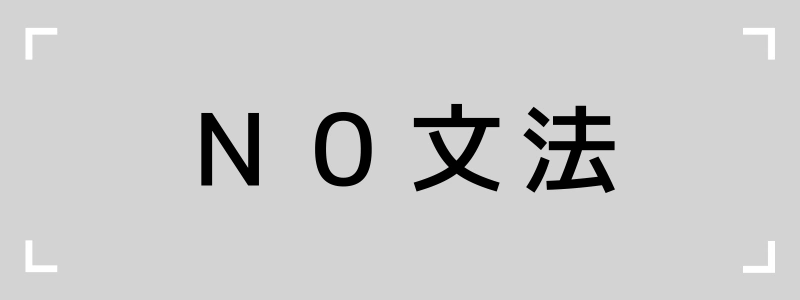

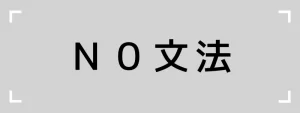

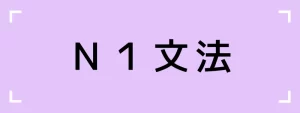
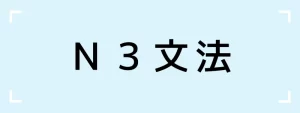
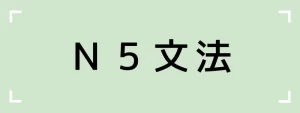
コメント
コメント一覧 (6件)
故安倍晋三元総理のSP職員もSP職員ならば山上徹也も山上徹也だろうが、(故安倍晋三元総理を含む)政治家も政治家だし、統一協会も統一協会だ。
この例文では、2つでは無くて4つの人物・人的組織について、非常に悪い評価を下していますよネ!!!
つまり、2つだけでは無くて、2つ「以上」の人間・事物について(行動・態度等についての)悪い評価を下すような意味ですよネ!!!
「何等かの相互関係を持つような」複数の人間・事物とか、「相互に対立」していたような立場(関係)の複数の人間・事物とかに就いて、この総ての行動・態度等を批判したいような場合の表現ですよネ!!!
>蒼田飯総郎さん
はい、いずれの事物に対しても悪い評価を下すものになっています。
蒼田さんが挙げられた例文は2つの「~が~なら~も~だ」が接続助詞「が」で繋がっていて、複文になっています。その文では4つの事物に対して悪い評価を下すものになります。
仮に単文でしたら、文中に含まれる2つの事物に対して悪い評価を下します。
主語と述語とを同一名詞(語句)にして、主語には助詞「も」を附け、述語は助動詞「だ」「です」とか終助詞「ぞ」とか一部の間投助詞とかで断定・指定の形式にして、この単文「AもAだ」を原則として対句的に複数回重ねて、複数の人間・事物「総て」を一網打尽(同時且つ一挙)に批判します。
故安倍晋三元総理のSP職員もSP職員だ。
山上徹也も亦、山上徹也かも知れない。
しかし、(故安倍晋三元総理を含む)政治家も政治家だろう。
又、統一協会も統一協会だ。
このように、1つ1つに「AもAだ」形式の単文を用い、対句的に組み合わせて使うような方法も、有り得ますよ!!!!!!!!
又、SP職員が故安倍総理を護りきれず、SP業務を全うしていないような点とか、統一協会がマトモな宗教団体では無くて、これに故安倍総理を含めて日本の政治家達が加担していたような店がマズイ事は「既知の」前提として「言外」暗示しながら、特に山上徹也氏の事を新しい情報として取り上げて、人殺しがマズイ事を取り立てて云いたいような場合に、単に「山上徹也も山上徹也かもあ知れない」1文だけに省略して使うような言い方も、有り得ますよ!!!!!!!!
>蒼田さん
確かに、「~も~だ」という形式だけでも用いることができますし、「~も~だが、~も~だ」のように言うこともできますね!
見逃していました。ご指摘ありがとうございます!
それから、前回のコメントで「~も~なら~も~だ」は単文だと言っちゃいましたが、よく見たら条件節の標識があるのでこれ自体が複文ですね… 慣用的に用いられるので細部の分析がうっかり抜け落ちてました。
誠に、ありがとうございます。
AがAなら(ば)、BもBだ。
AもAなら(ば)、BもBだ。
AもAだが、BもBだ。
AもAだ。(そして、)BもBだ。
このような形に使うような場合が、圧倒的に多いようですよネ!!!
単文「AもAならば、BもBだ」1つで、1人の人間、又は、1つの事物を強く批判します。
普通は、最終的には複数を対句的に組み合わせて、一網打尽(総てを同時且つ一挙に)に批判します。
主に、対立関係の複数の人間・事物に用いますよネ!!!
ありがとうございます。